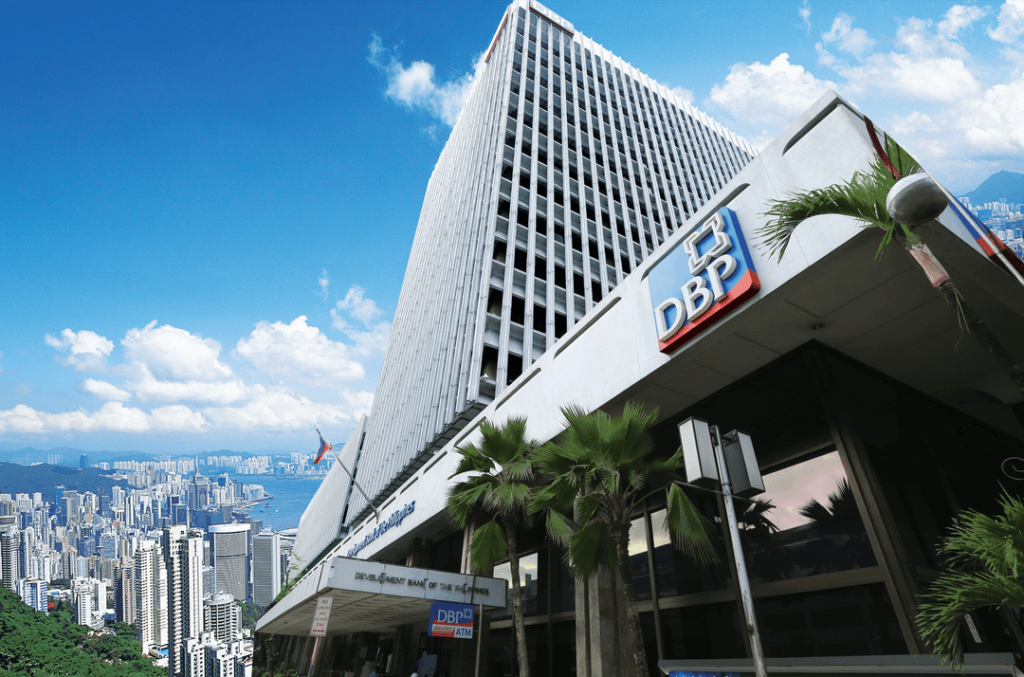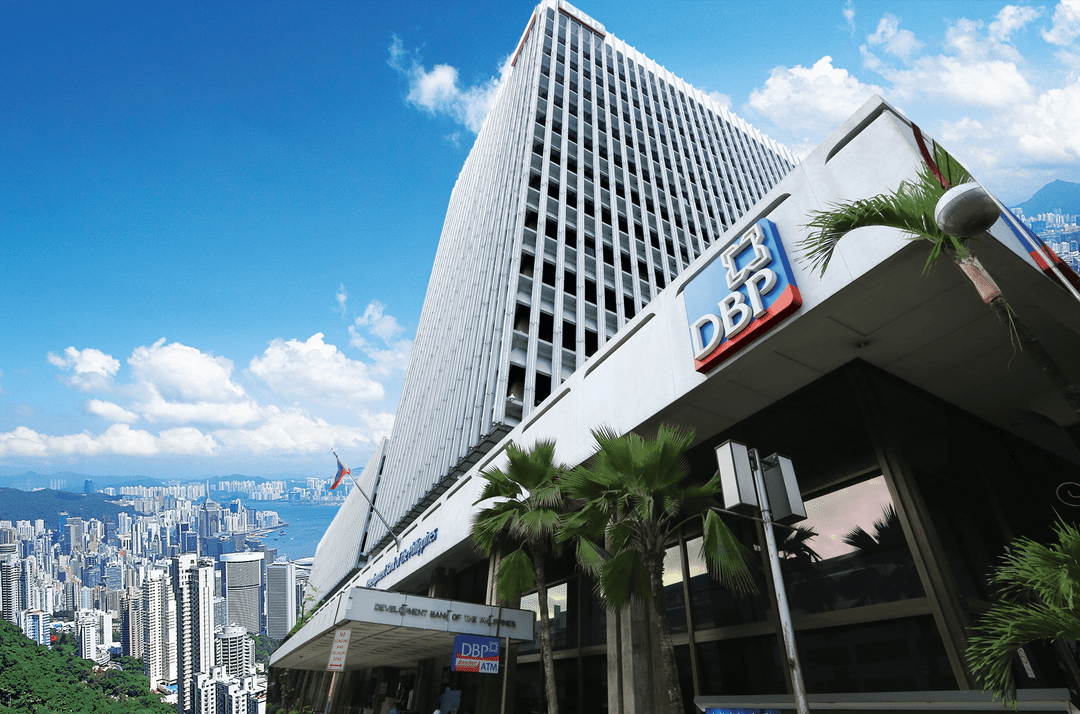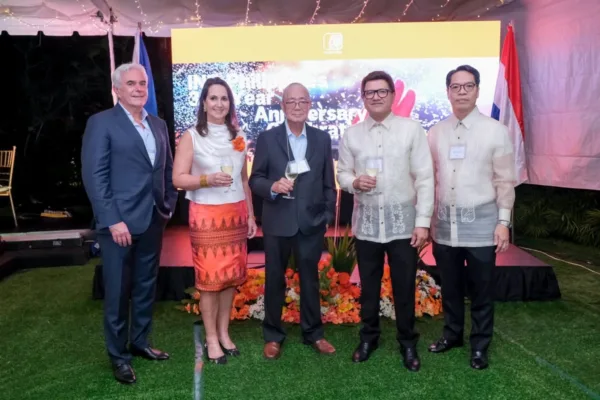A top official of the Development Bank of the Philippines (DBP) announced recently that the state-owned bank has already completed disbursement of funds under the P1-billion interest rate subsidy program of the government, which covers local government units (LGUs), in the implementation of their respective COVID-19 response and recovery interventions.

Facade shot of the DBP office in Makati (IMAGE CREDIT: www.dbp.ph/newsroom/)
Michael O. de Jesus, President and Chief Executive Officer of DBP, said in a press statement that a total of 264 LGUs, of which, 69 percent belong to the 2nd to 6th income class, benefitted from the bank’s “DBP ASENSO-Bayanihan Interest Subsidy Fund” (ISF) program, which forms part of the menu of financial assistance of the national government under Republic Act 11494 or the “Bayanihan to Heal as One Act”.
“DBP is honored to be a responsive partner of our LGUs as they continue to build back more from the ill-effects of the pandemic,” de Jesus said.
“The bank remains steadfast in our commitment to advance the programs of the national government that seek to strengthen and fortify the resiliency of our LGUs against future challenges,” he added.
Providing subsidies to LGUs
DBP is currently the eighth largest bank in the country in terms of assets and provides credit support to four strategic sectors of the economy – infrastructure and logistics; micro, small and medium enterprises; environment; as well as social services and community development.
RA 11494 mandates government financial institutions to provide subsidies to LGUs for new and existing loans availed for the implementation of their respective COVID-19 response and recovery interventions such as permanent working capital and acquisition of agricultural equipment and construction.
De Jesus said that through the DBP ASENSO-Bayanihan ISF program, LGUs were able to conserve financial resources for interest payments, which were channeled to other essential developmental projects that helped create opportunities amidst the slowdown in the national economy.
He further stated that majority of projects supported by the program covered infrastructure development such as construction of roads and bridges, multipurpose buildings, acquisition of heavy equipment units, and COVID-related infrastructure projects.
“As the disbursement phase of the ISF concludes, DBP remains determined to sustain its support for the nation’s economic recovery efforts and explore avenues that will contribute to our country’s overall progress,” de Jesus said.







